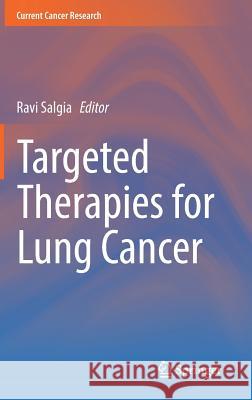Targeted Therapies for Lung Cancer » książka
topmenu
Targeted Therapies for Lung Cancer
ISBN-13: 9783030178314 / Angielski / Twarda / 2019 / 238 str.
Targeted Therapies for Lung Cancer
ISBN-13: 9783030178314 / Angielski / Twarda / 2019 / 238 str.
cena 533,13
(netto: 507,74 VAT: 5%)
Najniższa cena z 30 dni: 501,19
(netto: 507,74 VAT: 5%)
Najniższa cena z 30 dni: 501,19
Termin realizacji zamówienia:
ok. 16-18 dni roboczych.
ok. 16-18 dni roboczych.
Darmowa dostawa!
Kategorie BISAC:
Wydawca:
Springer
Seria wydawnicza:
Język:
Angielski
ISBN-13:
9783030178314
Rok wydania:
2019
Wydanie:
2019
Ilość stron:
238
Waga:
0.52 kg
Wymiary:
23.39 x 15.6 x 1.6
Oprawa:
Twarda
Wolumenów:
01
Dodatkowe informacje:
Wydanie ilustrowane











